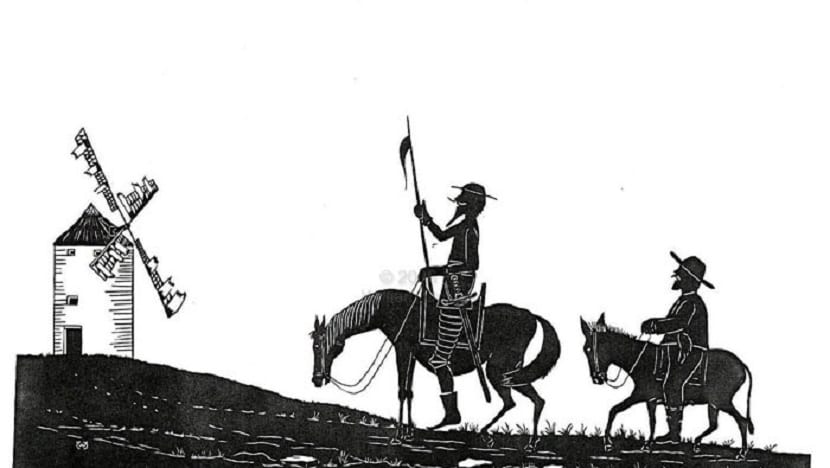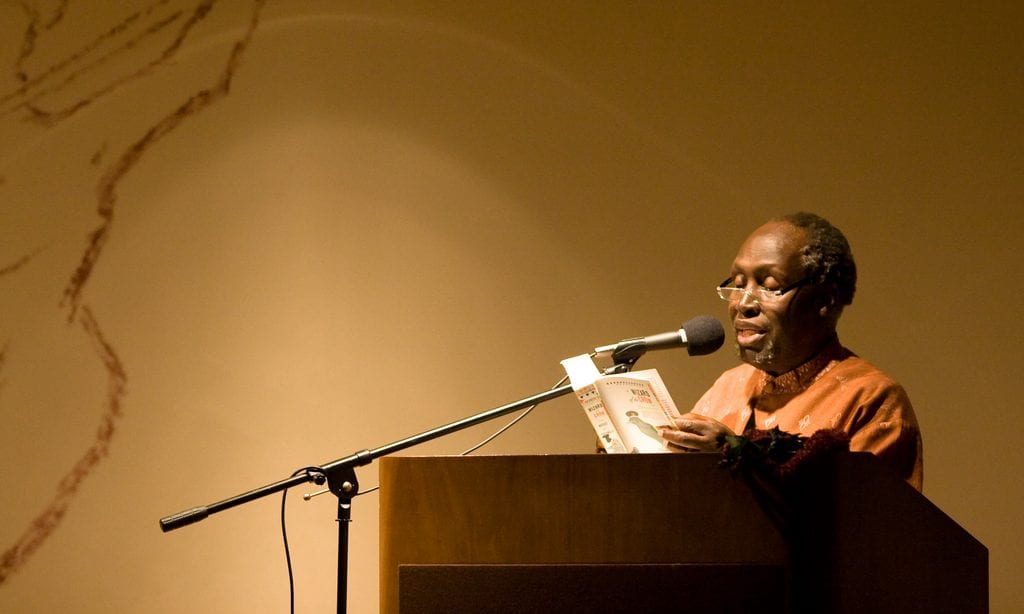
The writer is an artist but also a thinker and, at times, an activist, a philosopher and even a politician. And although not so much happens today, in the past an author had a much better chance of ending up behind bars if what he was writing about did not like the upper echelons, among other reasons. As a result of all those hours in prison in which there was enough time to reflect and perhaps caress the madness with the fingertips, these 5 famous books that were written in jail.
Don Quixote de la Mancha, by Miguel de Cervantes

The most universal work of our literature was published in 1605 by Miguel de Cervantes, who between 1594 and 1597 worked as a tax collector. However, certain irregularities in his accounts led the authorities to lock up the author in the Seville Jail, where he spent three months. Years later, the prologue to his most famous work would mention the creation of Don Quixote in such a jailAlthough it is not yet known if it was there that it began to be written or if it was simply born as an idea.
De Profundis, by Oscar Wilde

After enjoying great national and foreign popularity, Wilde fell into the arms of Lord Aldred Douglas, son of the Marquis of Queensberry, who decided to publicize the romance between the two men in a Victorian era in which sodomy was still a crime. From Reading jail, Wilde wrote this epistle which, like its Indic name, represents an introspective journey by the author in the form of a letter to a former lover with whom he apologized for his conduct. Despite being written in 1897, it was published after Wilde's death.
Mein Kampt, by Adolf Hitler

One of the most controversial books in history It began to be written in 1924 by the Führer during his stay in Landsberg prison, where he was serving a five-year prison sentence after the failed coup in Munich. Through the pages of My struggle, Hitler proclaimed himself as Ubermensch (or Superman), spoke of the importance of gaining space from Russia and justified the theory of the wise men of Zion, which defended a Jewish conspiracy that would end up taking over the world. Ideas that would transfer to his infamous politics years later, although the book became censorship meat until Germany decided to republish it at the beginning of 2016, becoming a bestseller..
Songbook and ballads of absences, by Miguel Hernández

After the end of the Civil War, the members of the Republican side were distributed by the different prisons of our country, including Miguel Hernández. Between the bars of the different prisons in which he was, the poet would advance the writing of a Songbook and ballads of absences in which the young man analyzed his childhood and innocence, the condition of current men and the precarious situation of a wife to the who wrote the famous Onion Nanas. The work was left unfinished after the poet's death in Alicante on March 28, 1942.
The Devil on the Cross, by Ngũgĩ wa Thiong'o

Ngũgĩ wa Thiong'o, during one of his lectures.
After writing in 1977 Ngaahika ndeenda, a play that would serve to revive the scenic environment of his rural Kenya, Thiong'o was imprisoned for a year for daring to challenge a colonialism displayed also in the form of cultural influence. During his months behind bars, and as a weapon against his executioners, the author wrote his first novel in Gikuyu, his native language: Caitaani Mutharabaini (The Devil on the cross). He did it on the toilet paper of the prison, thick and rough enough to support the ink, even if the intentions of the prisoner were different.
These 5 famous books that were written from prison they collect the ideas, feelings and thoughts of some authors who took advantage of their many hours behind bars to unleash an imagination that they would be able to put on paper years (and even decades) later.
I recommend reading the novel "In jail" by Ricardo Elías